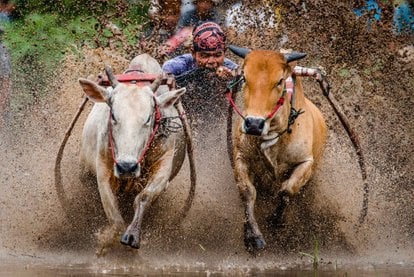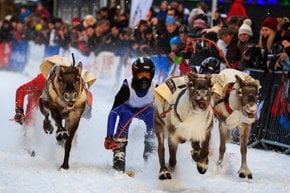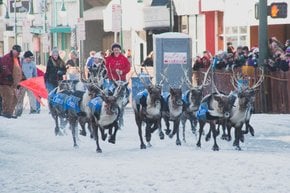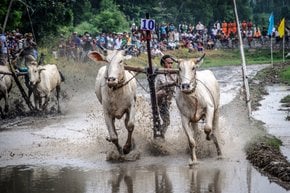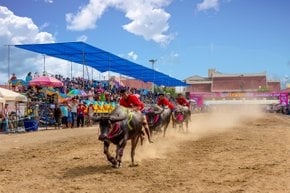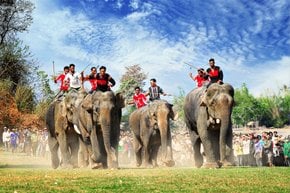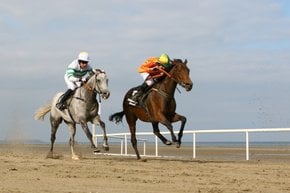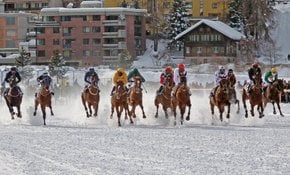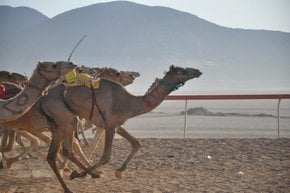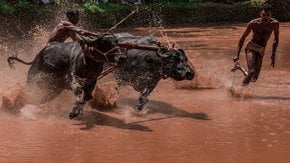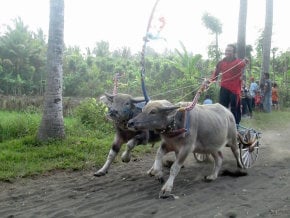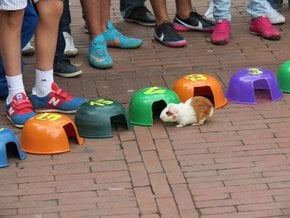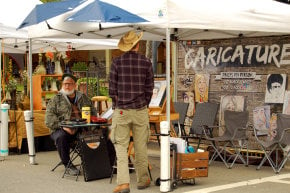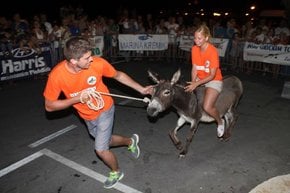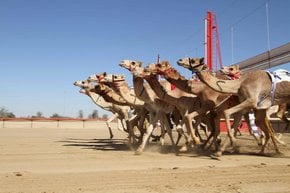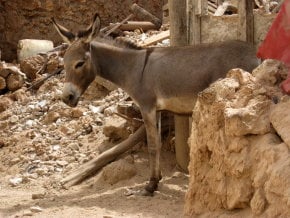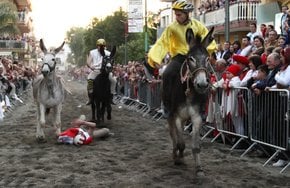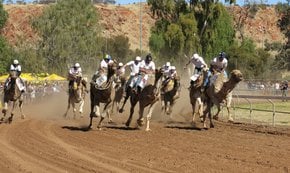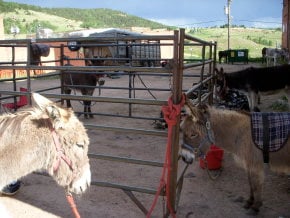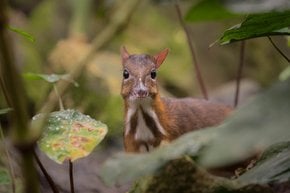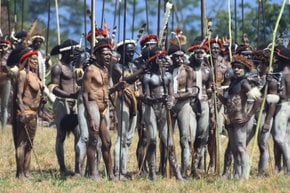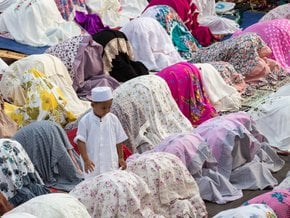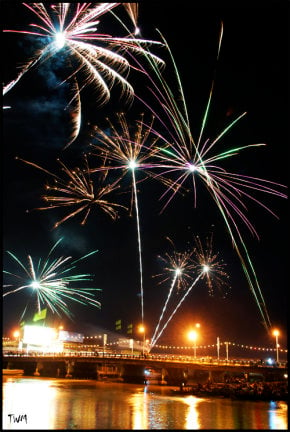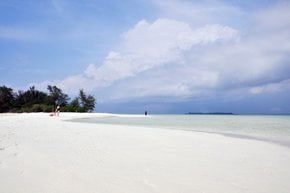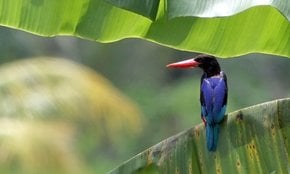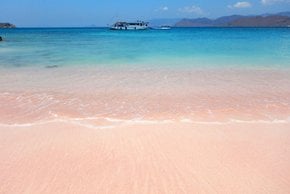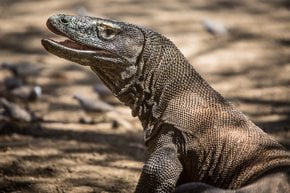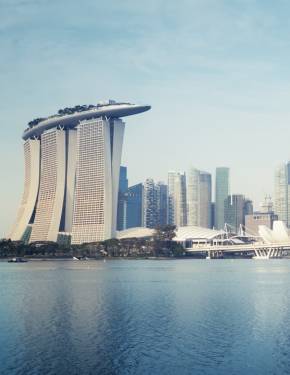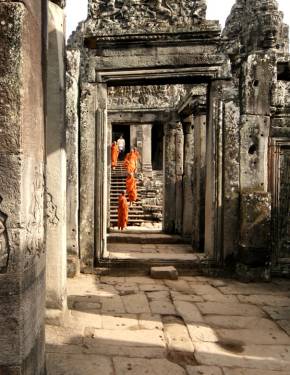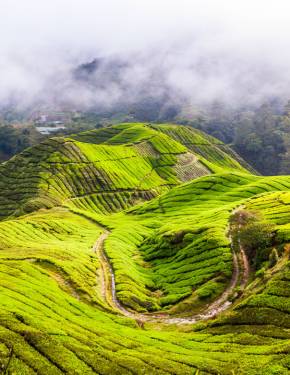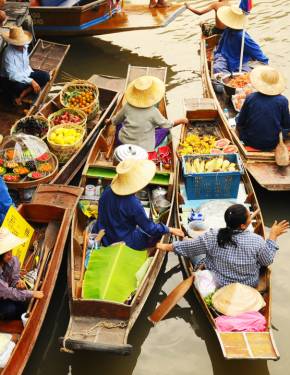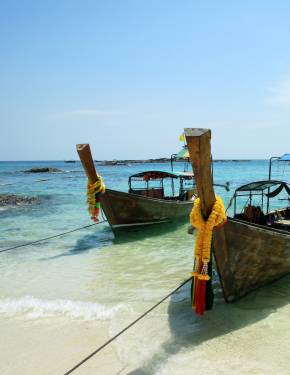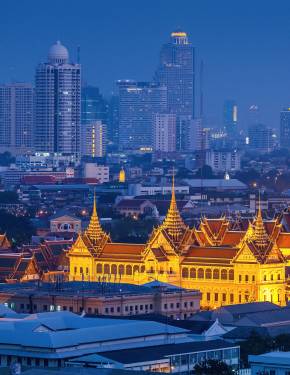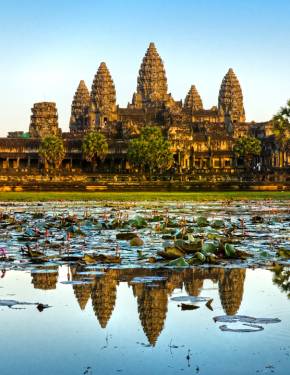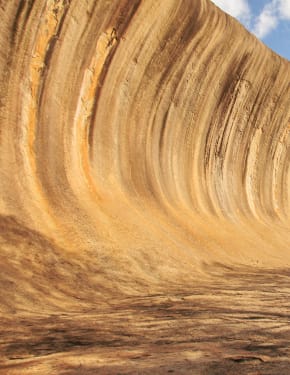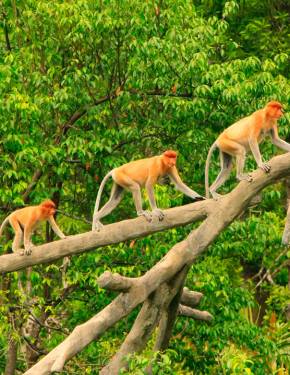Pacu Jawi (Cow Race) 2026 in Indonesia
An extreme tradition to celebrate the rice harvest
Dates: February–April | August–October (every Saturday)
Pacu Jawi translates from Indonesian as 'fast bull' and is an extreme event that has several purposes. Firstly, it's a way to plow the paddy fields. Secondly, it's a celebration of the rice harvest and, last, it's an opportunity for the locals to demonstrate the strength of their bulls and to get more money for them.
Event Highlights
The race is very muddy and extreme, but it only helps the sellers to show off their cattle. Two bulls wear a wooden contraption on which the jockey stands while holding onto the animals' tails. Sometimes, the jockeys bite the tails to make the bulls go faster. The animals also tend to separate sometimes, so jockeys often get stretched to the extreme, which makes holding on even more challenging. Ultimately, the winning pair of jawi can be sold for several hundred or even thousands of dollars.
Best Places to Witness the Race
This unique event is a must-see if visiting Sumatra. Rotating between several nagaris in Tanah Datar, it takes place roughly 3–4 hours from Minangkabau International Airport in Padang and around two hours from Bukittinggi. Traditionally, hosting duties are shared among four Tanah Datar districts: Sungai Tarab, Pariangan, Lima Kaum, and Rambatan. Races usually begin around midday, between 12:30 and 3:30 pm.
Dates
Based on the rice harvest seasons in Indonesia, Pacu Jawi typically takes place after the main harvest season from February to April and the second harvest season from August to October. Therefore, Pacu Jawi events usually occur each Saturday in February, August, October, and November. However, since exact dates depend on each village's harvest completion, we recommend checking dates closer to these months.
Significance
Pacu Jawi races are organized at the end of each harvest season as a form of cultural celebration. This event serves as both a source of entertainment and relaxation for the local community as they await the next planting season. Pacu Jawi has evolved into a major tourist attraction, with its organization extending beyond the participating villages to include both public and private entities.

